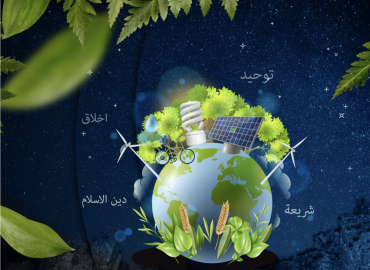
|
Sustainable Development, which emphasises the long-term equilibrium of environmental, economic, and social factors, is one of the most comprehensive worldwide concepts today in the quest to safeguard the environment. This principle of sustainability has been discovered to be intrinsically linked to the concept of Shariah, which emphasises the importance of continuity not just in this world, but also in the afterlife. In fact, the definition of Shariah itself is closely related to the environmental component. Both concepts, namely Sustainability and Shariah (S&S) set their own goals and objectives. Each is known as Sustainable Development Goals (SDGs) and Maqasid al-Syariah (MS). These targets are critical as key indicators of human survival and environmental sustainability.
This course emphasises an interdisciplinary and multidisciplinary approach that blends religious and scientific knowledge. Leaners will be able to examine environmental challenges not just from a scientific standpoint, but also from a theological standpoint to determine the broad-ranging causes and effects. Besides, learners will also be able to compare the two approaches academically and grasp the significance of the SDGs and MS in safeguarding human life and environmental sustainability in the long run. What is more, learners will also be exposed to fundamental concepts that will be used to examine environmental challenges, such as, the benefit-risk concept (maslahah-mafsadah), the priority (awlawiyyat) and moderation (wasatiyyah) principle in environmental management. The knowledge learned from this course can be implemented not only in the field of study, but also in the workplace and in everyday life. |